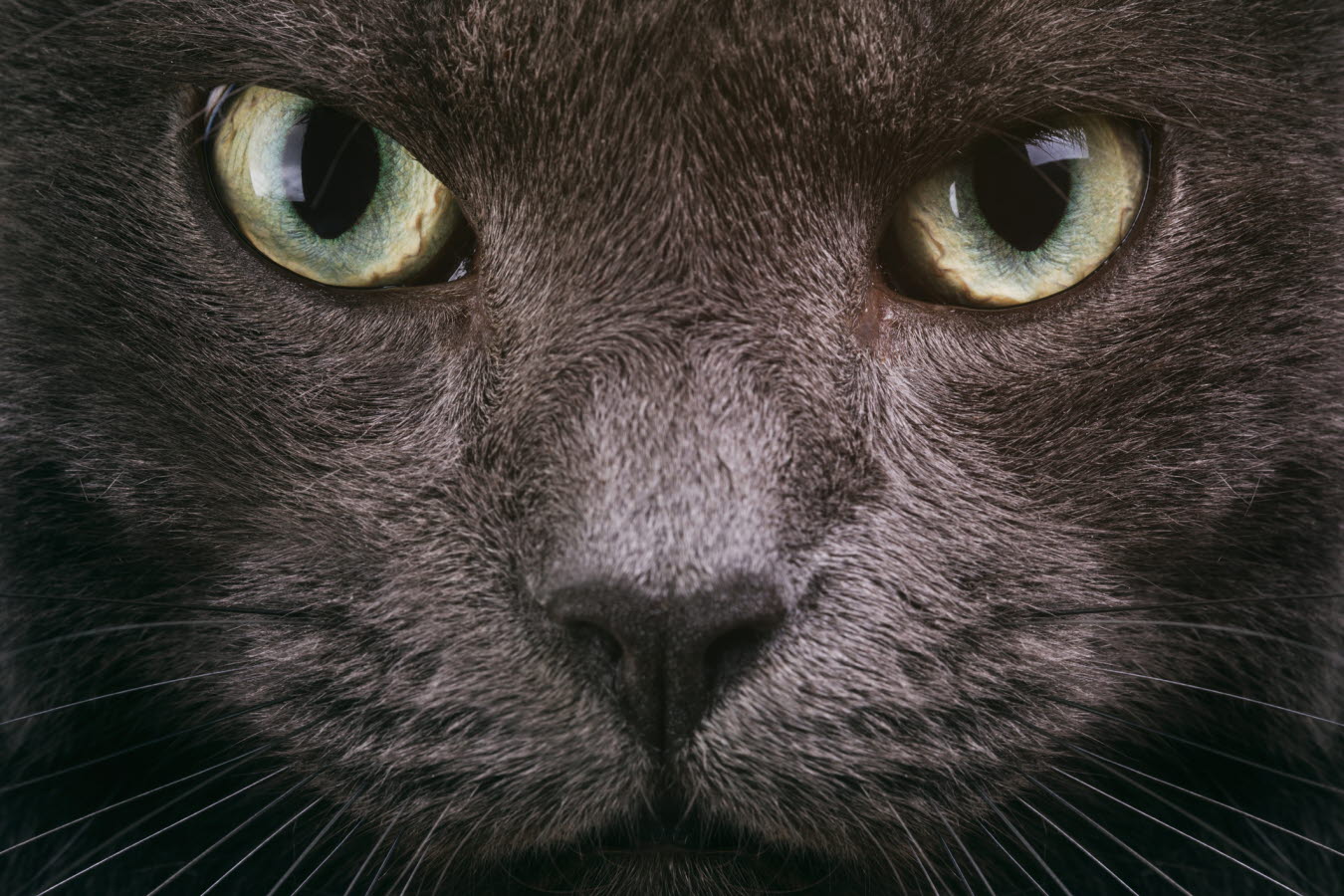What is feline infectious enteritis?

Feline infectious enteritis (FIE) is a potentially fatal disease, caused by infection with feline parvovirus (FPV). It is also referred to as panleukopenia virus as it can lead to the development of a low white blood cell count, a condition known as panleucopenia.
FIE can be extremely serious in any rescue cat facility as infection usually results in a large number of deaths, particularly in unvaccinated kittens. This is because feline parvovirus is highly contagious, resistant to many disinfectants and is able to survive for long periods (up to several years) in the environment.
How is feline infectious enteritis spread?
The virus is spread by either:
- direct faecal-oral contact, or,
- indirectly after contamination of the environment or objects (for example water and food bowls, grooming equipment, bedding, floors, clothing and hands).
Cats infected with the virus can continue to excrete the virus for at least six weeks following infection.
What are the symptoms of feline infectious enteritis?
The virus causes damage to the lining of the intestine and leads to very severe gastroenteritis. Kittens and adult cats develop sudden vomiting and bloody diarrhoea and it isn’t uncommon for some cats to die rapidly.
The virus also travels via the blood to the bone marrow and lymph glands and replicates at these sites. This leads to a depletion of the white blood cells and as a result, cats and kittens commonly have a fever, are very lethargic and won’t eat. In some cats, the virus may even be fatal before there are any clinical signs.
Pregnant cats (known as queens) that are infected with parvovirus can pass the virus on to their unborn kittens and this can cause problems with brain development. These kittens will be born with a lack of development of the cerebellum, a condition known as cerebellar hypoplasia. They will lack coordination and often deteriorate after birth, greatly affecting their quality of life.
What is the treatment of feline infectious enteritis?
There is, unfortunately, no specific treatment that is available for FIE and given this is such a highly contagious disease, it is absolutely vital that any suspected cases are cared for in isolation.
Cats suffering from FIE often die from dehydration and secondary infection so intensive care with intravenous fluids and broad-spectrum antibiotics are crucial. Even with good nursing and medication, a high number of affected cats may die.
Prevention of feline infectious enteritis
Prevention of FIE is much better than treatment. A vaccine is available and ALL cats and kittens should be vaccinated. This includes indoor-only cats. Regular vaccination is required throughout a cat’s life to maintain immunity against the virus. It’s also important that pregnant queens are only vaccinated with inactivated (killed) vaccines.
Reducing the spread of feline parvovirus relies on regular vaccination and also good management of cases if there is an outbreak. This includes appropriate isolation and correct disinfection protocols.
If you have any questions about FIE or if you want to know if your cat is up to date with their vaccinations, you should speak with your veterinarian.
